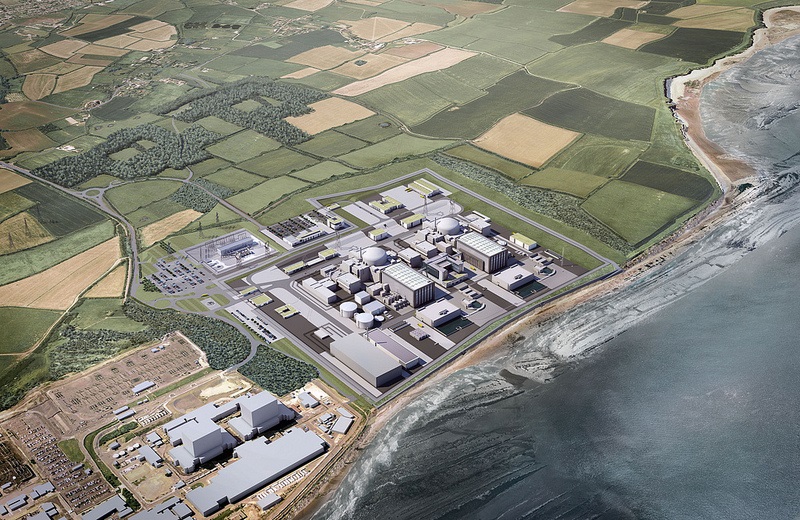National Grid has hit out at Ofgem’s proposals on grid works required for Hinkley Point C, warning they could harm investment in UK energy infrastructure.
The transmission system operator is due to construct the Hinkley-Seabank works which will allow the controversial new nuclear reactor to connect to the grid once it is generating.
Ofgem confirmed yesterday that it was minded to use a competition proxy approach to funding the infrastructure upgrades. National Grid will therefore assume responsibility for the project’s construction and operation, but have its revenue determined by Ofgem under the assumption work had been put out to tender.
The current expectation is that the Hinkley-Seabank project will cost some £800 million. In August last year the regulator contested National Grid’s bill for the works, specifically disagreeing with two cost allocations relating to the use of T-pylon infrastructures, risk funds and cost contingencies.
While the decision is not yet final – Ofgem has said it will make a final decision and set out its methodology in the spring – yesterday’s statement is the clearest indication yet that the regulator is on a mission to trim the costs associated with large upgrades.
Ofgem has enjoyed success in using competition proxy approaches in the past. It noted that successive tender rounds cut the cost of connecting offshore wind farms by around £700 million since 2009, savings which have ultimately been passed onto consumers.
But the news has bemused National Grid, which said in a statement this morning that it was “very disappointed” that the proxy proposal was the preferred method for a project so “complex and major” in its nature.
“We have prepared for a number of financial scenarios however we do not believe that the proposed ranges for cost of debt and cost of equity included in the consultation reflect either the actual cost of financing this project or the risk being taken for construction of this complex project. We also believe that Ofgem has significantly overestimated the potential consumer savings in their consultation.
“These parameters do not, in our view, offer the level of returns that would allow sustainable investment in the UK energy sector needed to deliver good outcomes for both customers and investors,” the statement read.
National Grid has pledged to work “constructively” with Ofgem in the coming weeks but has also warned that it is prepared to “consider all other options” if it is not able to progress satisfactorily.
The row comes against a backdrop of further scrutiny over network costs and their impact on consumer bills, specifically in relation to the profitability of the country’s distribution and transition network operators.
Last week the Energy and Climate Intelligence Unit published fresh analysis that claimed network company profits could add as much as £20 to the average UK energy bill this year, figures which were contested by the Energy Networks Association.






